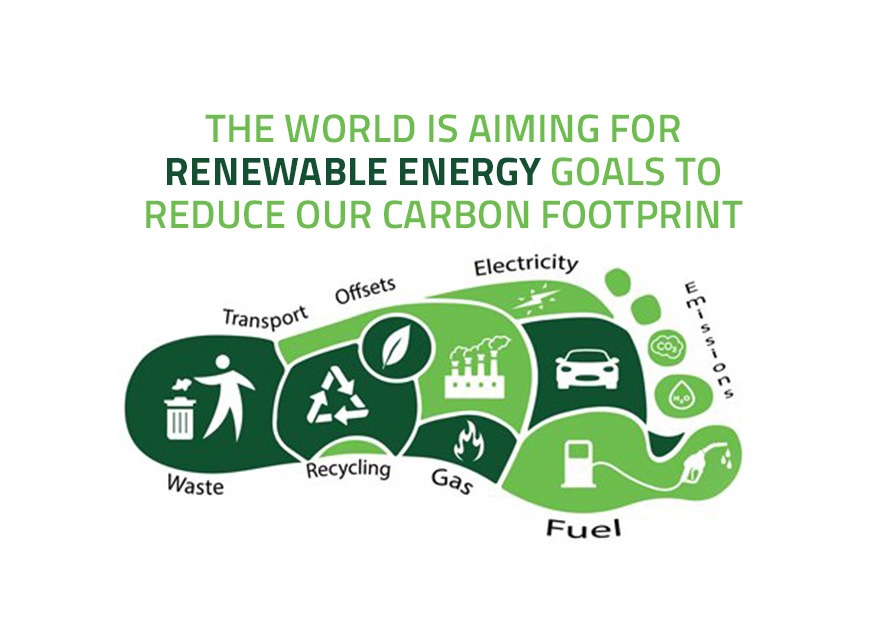
Human activities have had a significant and often detrimental impact on the environment. And one of the main anti-venoms to these dangerous environmental effects is clean tech developments. Clean technologies have the potential to reduce air and water pollution, conserve energy and bring down GreenHouse Emissions to a large extent.
However, the technology needs consistent development through water conservation, waste management, renewable energy, or energy efficiency. Fortunately, the world has gained considerable awareness on the respective topic. The proof lies in the consistent clean technologies development witnessed in recent years.
1. Maharashtra partnership with Gogoro Inc – Maharashtra has signed an agreement with Gogoro Inc and Belrise industries to invest $2.5 billion in the state.
Gogoro, Inc is a private company specializing in designing and manufacturing electric scooters while Belrise industries is an automotive manufacturer in India known for producing a range of passenger vehicles, including hatchbacks, sedans, and SUVs.
Aim of the pact – Signed at the World Economic Forum in Davos Switzerland, the pact aims to develop an EV battery-swapping infrastructure and encourage the adoption of Electric Vehicles in the state.
Advantages of the initiative
(i) Helps in building energy infrastructure across the state.
(ii) Swapping the depleted battery instead of charging it for hours helps save time for EV owners.
(iii) It will help in reducing the cost of ownership as the owners need not spend money on their battery.
(iv) Last but not the least, the carbon footprint will decrease when people start opting for Electric Vehicles instead of traditional ones.
2. Mufin Green Finance partnered with IREDA – India is taking strides towards e-mobility, despite the current oil price crisis, overuse of fossil fuels, and the rising inflation caused by the Russia-Ukraine war. The recent partnership between Mufin Green Finance and IREDA is the clearest indication of this transition.
Aim of the partnership – With the initiative, Muffin Green Finance aims to strengthen its EV portfolio focusing mainly on e-rickshaw and e-auto vehicles.
Advantages of the initiative
(i) Lives of 5000 people will improve in the initial years and will be soon compounded to 100000 consumers as the partnership extends later
(ii) Reduce borrowing costs for the consumers
(iii) Electric vehicles are quieter, budget-friendly, and emit zero carbon
3. UAE company Masdar signed an agreement on a wind energy project – It turns out India is not the only country aiming for zero net carbon emissions. Countries like Kazakhstan are equally ambitious when it comes to achieving a carbon-neutral mission.
Aim of the agreement – In its attempt to achieve the aim by 2060, the wind energy pact has been signed between 3 parties- Kazakhstan ministry of energy, Kazakhstan ministry of development, and Masdar.
Advantages of the initiative
Installation of 500 MW of wind energy capacity in the first phase is a good start in itself which means we can expect fast development and the following benefits
(i) More job opportunities
(ii) Cost-effective and environmentally friendly energy
(iii) One of the best sources of renewable energy
(iv) No need for high maintenance
(v) Overall positive effect on climate
(vi) increasing the country’s share in renewable energy share in domestic electricity generation by 10 percent and 50 percent by 2030 and 2050 respectively,
4. Procmart will soon distribute high-quality biomass briquettes for commercial usage in India – What can be one of the best sustainable energy sources for commercial purposes? It is indeed, biomass.
Procmart, an online Indian marketplace, taking into consideration the potential of the respective source, decided to procure and distribute biomass briquettes within the country. Additionally, the venture looks promising for its comprehensive services: supplier selection, agreement management, audits, and testing.
Aim of the initiative – Replace traditional fuels such as coal, wood, and oil
Advantages of the initiative
(i) Made from organic materials such as agricultural waste, sawdust, and other organic materials
(ii) Cleaner than traditional fuels, as they produce fewer emissions when burned hence a renewable energy source
(iii) They are cost-effective, as they are cheaper than traditional fuels
(iv) A body regulating the distribution of energy will streamline the buying and selling process
In conclusion, clean technology can influence the way we consume and produce energy. Be it providing economic benefits like generating better job opportunities or making the environment safe and clean for its inhabitants, clean technology has a big impact on our surroundings. Once the following pacts are implemented successfully, we will surely witness infinite benefits, be it the economy or the environment.
Leave a Reply